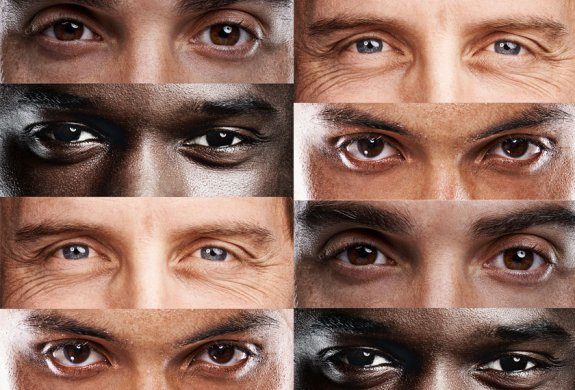We Are Not Our Race
Race, is the division of humans into distinct groups on the basis of inherited physical and behavioural differences. Though skin colour is just one aspect of race, it is the most important factor and stereotypical aspect of any race. Usually the term race generally refers to a group of people who have in common some visible physical traits, such as skin colour, hair texture, facial features, and eye formation.

Racial stereotyping involves a fixed, overgeneralized belief about a particular group of people based on their race. Racial stereotypes are automatic and exaggerated mental pictures that we hold about all members of a particular racial group. When we stereotype people based on race, we don’t take into account individual differences. Because our racial stereotypes are so rigid, we tend to ignore or discard any information that is not consistent with the stereotype that we have developed about the racial group.
We develop our racial stereotypes in a variety of ways. On a very simple level, it’s human nature to categorize people. It’s our way of making a complex world simpler. From an early age, we learn to place people and objects into categories. However, when we’re very young, we tend to put less of an emphasis on attributing values to these categories. As we grow older and are influenced by parents, peers, and the media, our tendency to label different racial groups as superior/good or inferior/bad increases significantly. Your brain creates mental shortcuts as a way to help you rapidly respond to situations based on past experiences, thus leading to stereotypes. But these shortcuts are generalizations and are rarely accurate assessments of an individual or group. They’re what’s known as a “cognitive bias.”

When left unchecked, stereotypes may lead to discriminatory behaviour. Acknowledging stereotypes, however, and the psychological impact they can have is the first step in breaking down those beliefs. We can overcome our racial stereotypes by overcoming our inner thoughts and feelings and how they affect our beliefs and actions. When we have a stereotypical thought about a racial group, we should follow it up with an alternative thought based on factual information that discounts the stereotype.
